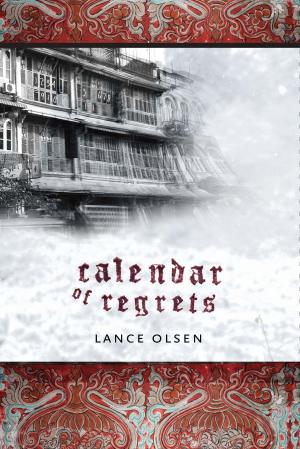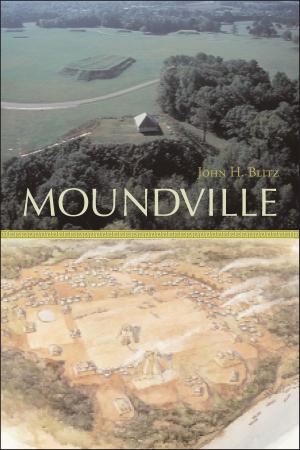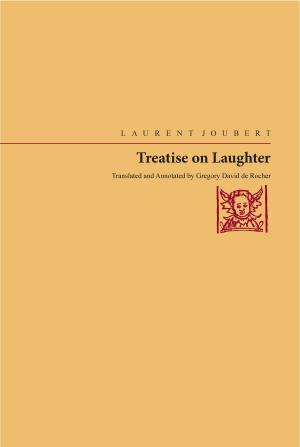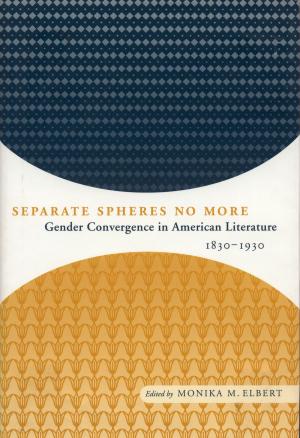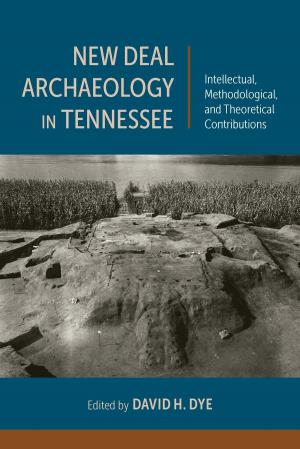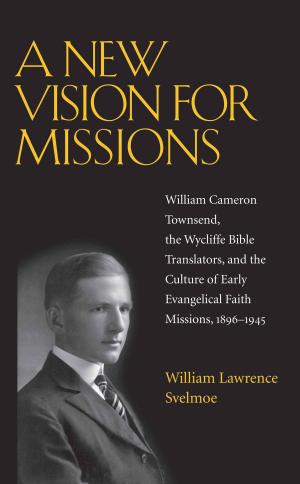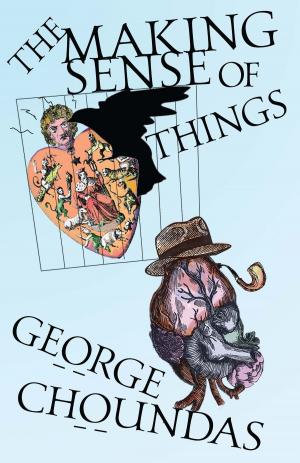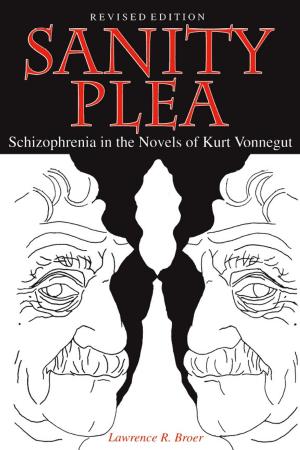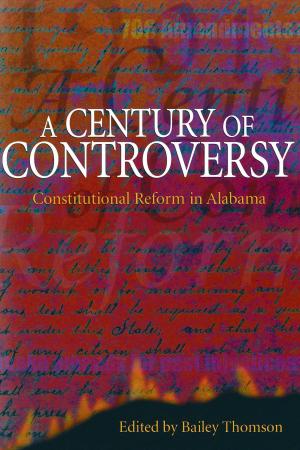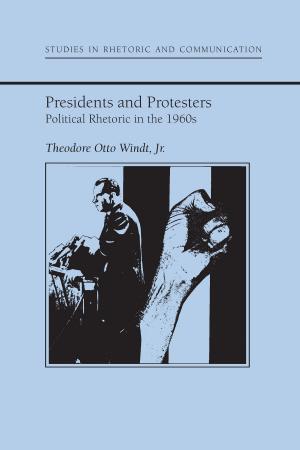First Books
The Printed Word and Cultural Formation in Early Alabama
Nonfiction, History, Americas, United States, State & Local, Fiction & Literature, Literary Theory & Criticism, American| Author: | Philip D. Beidler | ISBN: | 9780817386405 |
| Publisher: | University of Alabama Press | Publication: | August 7, 2012 |
| Imprint: | University Alabama Press | Language: | English |
| Author: | Philip D. Beidler |
| ISBN: | 9780817386405 |
| Publisher: | University of Alabama Press |
| Publication: | August 7, 2012 |
| Imprint: | University Alabama Press |
| Language: | English |
This case study in cultural mythmaking shows how antebellum Alabama created itself out of its own printed texts, from treatises on law and history to satire, poetry, and domestic novels.
Early 19th-century Alabama was a society still in the making. Now Philip Beidler tells how the first books written and published in the state influenced the formation of Alabama's literary and political culture. As Beidler shows, virtually overnight early Alabama found itself in possession of the social, political, and economic conditions required to jump start a traditional literary culture in the old Anglo-European model: property-based class relationships, large concentrations of personal wealth, and professional and merchant classes of similar social, political, educational, and literary views.
Beidler examines the work of well-known writers such as humorist Johnson J. Hooper and novelist Caroline Lee Hentz, and takes on other classic pieces like Albert J. Pickett's History of Alabama and Alexander Beaufort Meek's epic poem The Red Eagle. Beidler also considers lesser-known works like Lewis B. Sewall's verse satire The Adventures of Sir John Falstaff the II, Henry Hitchcock's groundbreaking legal volume Alabama Justice of the Peace, and Octavia Walton Levert's Souvenirs of Travel. Most of these works were written by and for society's elite, and although many celebrate the establishment of an ordered way of life, they also preserve the biases of authors who refused to write about slavery yet continually focused on the extermination of Native Americans.
First Books returns us to the world of early Alabama that these texts not only recorded but helped create. Written with flair and a strong individual voice, it will appeal not only to scholars of Alabama history and literature but also to anyone interested in the antebellum South.
This case study in cultural mythmaking shows how antebellum Alabama created itself out of its own printed texts, from treatises on law and history to satire, poetry, and domestic novels.
Early 19th-century Alabama was a society still in the making. Now Philip Beidler tells how the first books written and published in the state influenced the formation of Alabama's literary and political culture. As Beidler shows, virtually overnight early Alabama found itself in possession of the social, political, and economic conditions required to jump start a traditional literary culture in the old Anglo-European model: property-based class relationships, large concentrations of personal wealth, and professional and merchant classes of similar social, political, educational, and literary views.
Beidler examines the work of well-known writers such as humorist Johnson J. Hooper and novelist Caroline Lee Hentz, and takes on other classic pieces like Albert J. Pickett's History of Alabama and Alexander Beaufort Meek's epic poem The Red Eagle. Beidler also considers lesser-known works like Lewis B. Sewall's verse satire The Adventures of Sir John Falstaff the II, Henry Hitchcock's groundbreaking legal volume Alabama Justice of the Peace, and Octavia Walton Levert's Souvenirs of Travel. Most of these works were written by and for society's elite, and although many celebrate the establishment of an ordered way of life, they also preserve the biases of authors who refused to write about slavery yet continually focused on the extermination of Native Americans.
First Books returns us to the world of early Alabama that these texts not only recorded but helped create. Written with flair and a strong individual voice, it will appeal not only to scholars of Alabama history and literature but also to anyone interested in the antebellum South.


